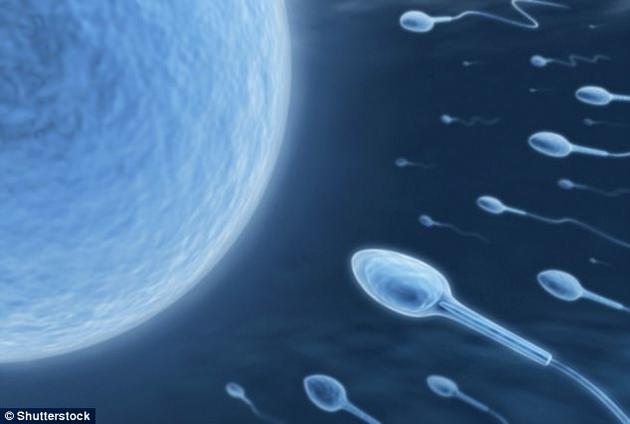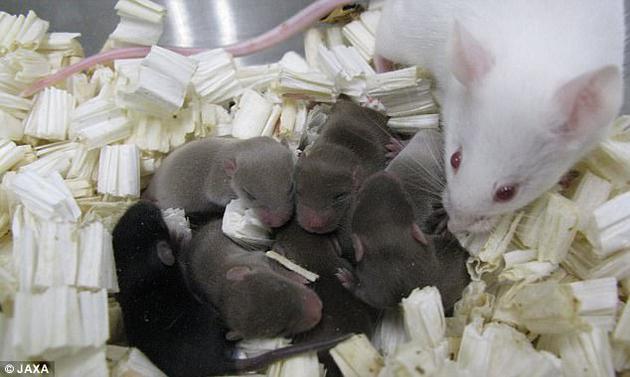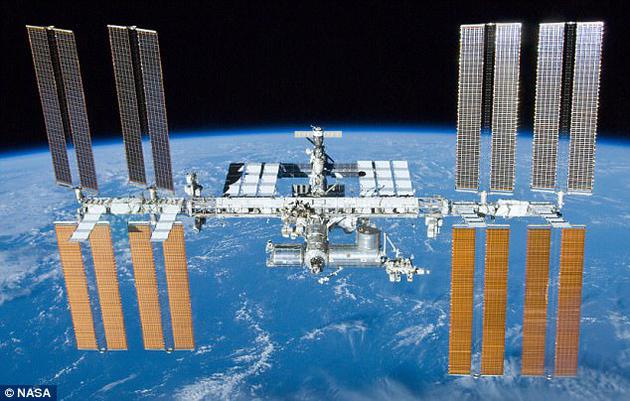International Space Station Frozen Mouse Sperm Produces Mice: Space Breeding or Come True
Release date: 2017-05-26

The latest research finds that sperm travel through space is completely possible to breed healthy offspring, which will bring hope to human beings living in space for a long time and even breeding future generations.

The mouse sperm used in this experiment was cryopreserved on the International Space Station for up to 9 months.

From August 2013 to May 2014, these mouse sperm samples were kept in an environment of minus 95 degrees Celsius in the International Space Station cold storage.
Sina Technology News Beijing May 25 news, according to foreign media reports, if human sperm can be preserved, survived and developed into healthy embryos in space, then humans will be able to visit Mars through space travel and even further the universe will be possible, Japan Yamanashi University The latest findings from scientists have increased this possibility. Scientists at Yamanashi University recently discovered through experiments that rat sperm that had been preserved on the International Space Station for nine months actually produced healthy mice. The researchers believe that this discovery will bring hope to human beings living in space for a long time and even breeding offspring.
The mouse sperm used in this experiment was cryopreserved on the International Space Station for up to 9 months. Researchers believe that if humans want to live on space stations or other planets for a long time, it is necessary to store sperm and eggs for breeding offspring. The researchers also found that sperm exposed to long-term exposure to solar radiation, mostly self-repairing during embryonic development. "In the future, humans will likely survive in larger space stations or other space-friendly areas for many years, even many generations. If humans begin to live permanently in space, assisting reproduction by preserving sperm will be an important way to breed offspring. However, the radiation on the International Space Station is more than a hundred times stronger than on Earth, and these radiations can cause damage to DNA in cells."
Radiation damage to sperm cells can cause serious reproductive problems. To test the extent of the effects of these radiations on sperm, the researchers used mouse sperm stored on the International Space Station for 288 days as subjects. From August 2013 to May 2014, these mouse sperm samples were kept in a cold storage at minus 95 degrees Celsius. After these mouse sperm samples were brought back to Earth, the researchers compared them with mouse sperm samples that were simultaneously stored in a similar global environment. The researchers found that sperm DNA that traveled through long-term space travel produced minor damage compared to the Earth sample. However, the researchers also found that such damage does not affect the ability of the sperm to fertilize the egg later.
The researchers combined the sperm of the two samples with the egg and displaced the fertilized egg into the female. They found that the spermatozoa of space-fed mouse spermatozoa were very similar to the average birth rate of spermatozoa in the earth. The sex ratio of the mice that have been bred by the sperm of space flying is also normal. The results of the genetic analysis showed that the mice that were bred from the sperm samples stored in the earth had only slightly different DNA. In addition, these little mice have normal fertility in adulthood. All of these indicate that most of the DNA damage suffered during space travel has been repaired during embryonic development.
The results of this experimental study prove that mammalian sperm stored in space is entirely possible to breed healthy offspring. (binbin)
Source: Sina Technology
Guangzhou Zhongzhinan Supply Chain Co.,Ltd. , https://www.zhongzhinanlighting.com